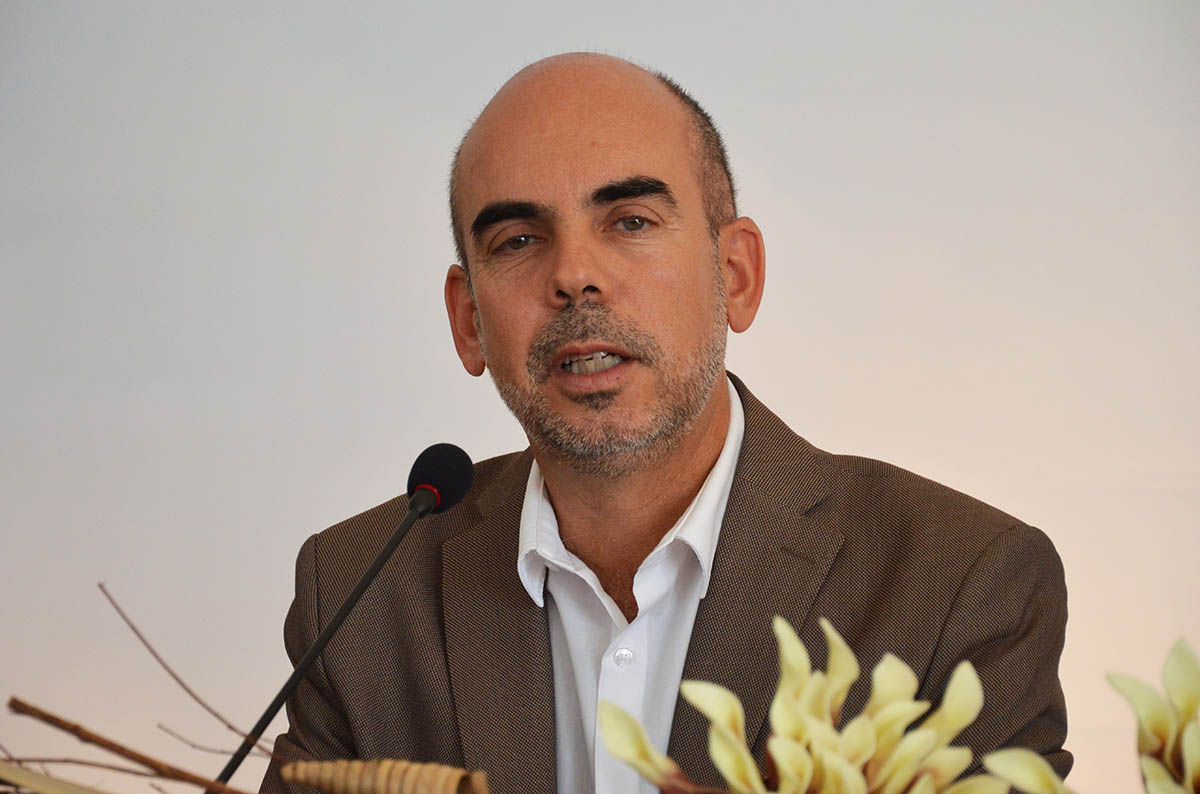For now, there are only four, but, until April 3, all Algarve municipalities (and the rest of the country) must follow the examples of Portimão, Lagoa, Vila do Bispo and Albufeira and accept the transfer of competences in the area of social action. Those who have already done so guarantee that the benefits for the population “are in sight”.
The decentralization process in this area has not been peaceful. The municipalities complained about insufficient funds and the dossier was the subject of an intense negotiation process between the Government and the National Association of Portuguese Municipalities (ANMP).
Everything came to a successful conclusion on Tuesday, January 3rd, Prime Minister António Costa signed, with the ANMP, the commitment agreement for decentralization in the area of social action, where the official assumed that the claims of mayors were fair .
«The X-ray we did showed that, in Education and Social Action, there was a lack of financial resources: the country was poorly served. Altogether, we are going to add 27 million to education and 35 million to social action », he revealed.
With the agreement signed, all Portuguese municipalities must, by April 3, assume competences in the area of social action. And what does this mean?
Basically, the local authorities are now responsible for doing some of the work that was previously carried out by Social Security, such as the management of Social Insertion Income (RSI) family processes.
In the Algarve, there are already four municipalities with these dossiers in their charge: Portimão and Lagoa assumed the competences in April 2022 and Vila do Bispo and Albufeira that assumed them at the beginning of this year.

Despite initial hesitations, Luís Encarnação, mayor of Lagoa (PS), says that, more than half a year later, the balance can only be positive.
«There is an issue about which we have no doubts: it is that, in terms of providing the service, there has been an enormous benefit for the populations. The Chambers are able to do better than the State because they are closer and know the problems better», he told the Sul Informação.
Lagoa was even one of the «most resistant» municipalities to accept decentralization, but the mayor reveals that, when they advanced, they decided to accept everything right away.
«Since we were going to receive them out of obligation, we immediately decided to assume them all and, somehow, we walked in these three areas simultaneously (education, health and social action)», he explains.
With regard to social action, Luís Encarnação adds that the municipality «reinforced RSI technicians» and, now, «according to the new agreement», intends to reinforce even more.
For the mayor, who is part of the ANMP General Council and attended the signing session of this protocol between the Government and the municipalities, a "good agreement" was reached.
«Basically, it restores those issues that we raised [about the lack of adequate financial envelope] and takes into account the size and specific needs of each municipality. In these matters, we cannot do this with a ruler and square», he considers.

In Albufeira, it is still not possible to make any balance, because the acceptance only started on the 1st of January (as in Vila do Bispo), but José Carlos Rolo (PSD) explains that the municipality felt «that everything was ready for, at the beginning of the year, to assume the competences in the area of social action».
And so it happened. Soon, a «first analysis» is foreseen, but the mayor does not doubt that now the services «will become closer».
Regarding the reinforcement of human resources, the mayor also prefers to wait for this first assessment, despite being convinced that it is something that «will happen».
Furthermore, what the agreement, signed between the ANMP and the Government, provides for is that, in addition to guaranteeing at least one technician in each municipality, a ratio of 100 family processes of Social Insertion Income (RSI) per technician is established and 250 family processes of Social Action Assistance (AAS) per technician, which will allow an increase of 382 technicians in this sector in the municipalities.



















Comments